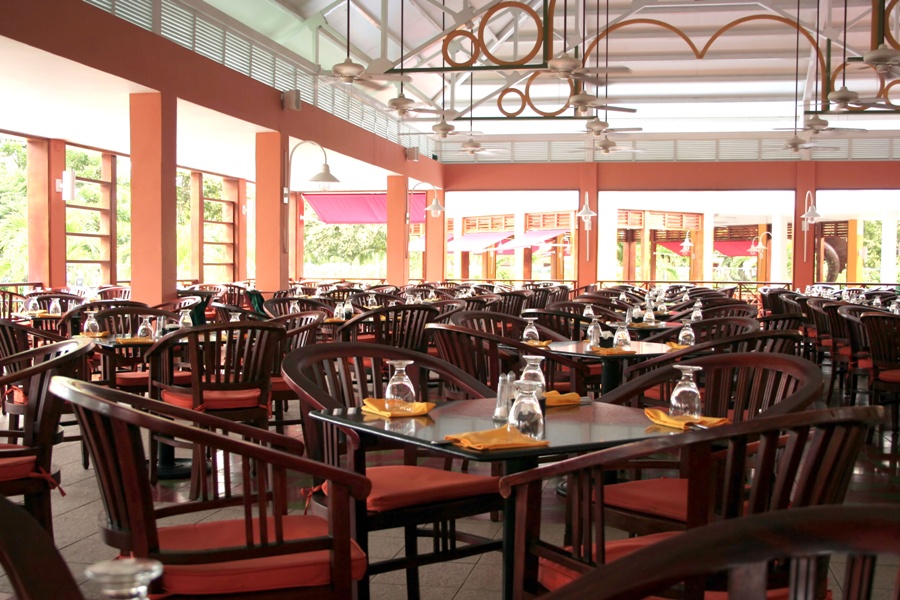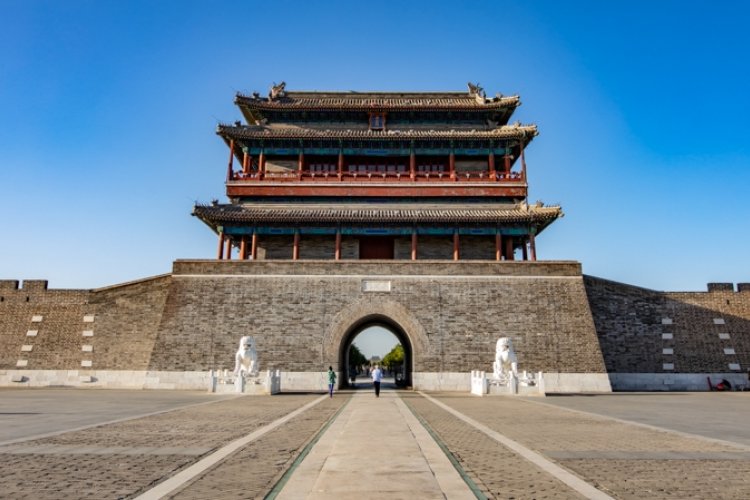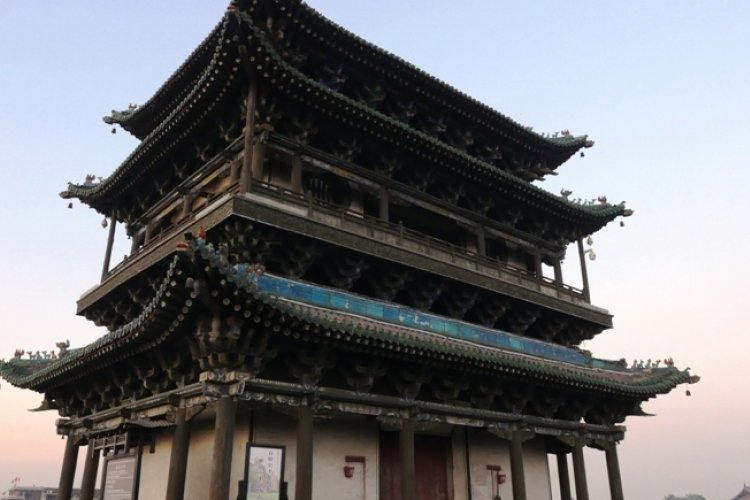Talking Travel: What Foreign Travel Companies Don't Get About China
Two travel industry events I attended about ten years apart highlighted what foreign travel operators don't understand about the market. In both cases, the operators in question – who shall remain nameless – went on to great success with Chinese travelers, but did so perhaps in spite of their marketing and promotional efforts, rather than because of them. For the moment, the Field Of Dreams "If you build it they will come" rule seems to apply with Chinese travelers, but that certainly will not last forever.
1. Using overseas materials to market to Chinese travelers.
The most recent event I attended showed a promotional video featuring someone who is a star on Broadway and on US television, but has zero resonance with a Chinese audience. I watched the five to eight-minute video closely – not one Asian face appeared onscreen. If this were a video for a small hotel somewhere, I would think, ok, one size fits all. But the operator in this case is quite large, upscale, and had recently decided to make a huge investment – nay, gamble – on the China market. How much more would it have cost them to shoot a localized video with ethnically appropriate actors, speaking in Chinese?
2. Not understanding the importance of food to Chinese travelers.
The event I attended ten years ago promoted a travel destination, and specifically focused on two hotels at that destination. During the presentation, the gentleman showed photos of restaurants at the resorts – both absolutely empty. The Beijing Rule of Dining states that when unsure where to eat in a strange city or neighborhood, go to the place that's full. An empty restaurant tells the Chinese traveler, "Our food sucks."
Food is a big part of the Chinese travel experience. On the one hand, Chinese travelers want to try their destination's favorite delicacies. On the other hand, they want to know that they won't be forced to eat McDonald's or limburger cheese during their time away from home. Instead of an empty restaurant, how about showing people enjoying freshly grilled seafood?
The ironic part of this most recent event was that the buffet presented was intended to show attendees what the food would be like at the destination. I thought, "cold selections from the kids' menu?" Not the way to make a good impression on your target market.
3. Don't forget fun.
Chinese travelers are active travelers in the sense that for the most part, they are traveling to do whatever it is the place they are visiting is famous for, and see what they're supposed to see. Sure, there are definitely travelers now who go to the Maldives just to chill, but even then, they're not going to sit at the pool or on the beach and catch rays. So show what there is to "do" – banana boating, paragliding, shopping options, whatever is available. Going just to go doesn't appeal. One can take selfies of just oneself sitting in Sanlitun – travel is for selfies with blue water, a large animal, or goofy foreigners in the background. That's what travel is all about, isnt it?
Photo: traveltips.usatoday.com







